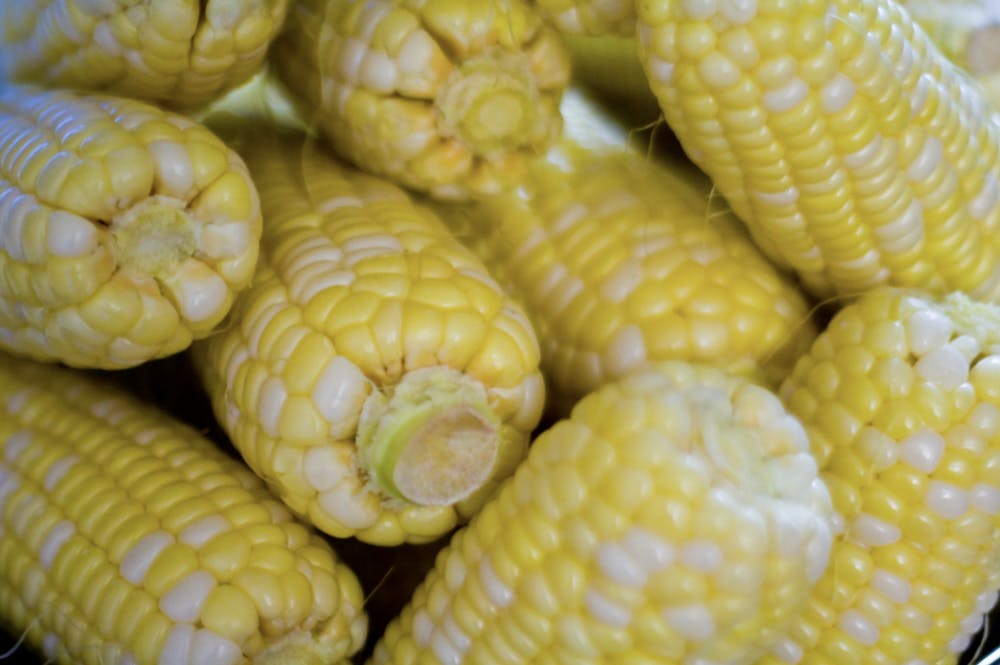Clues to treat some forms of cancer might lie in one of the world’s most consumed foods.
Mark Settles, a UF professor of plant cell and molecular biology, published a study on March 14 showing how mutated corn cells are similar to human cancer development. The mutation in some corn DNA resembled acute myeloid leukemia, a human bone marrow and blood cancer, Settles said.
“We are capturing the same phenomenon in corn as we are in people, which is incredible,” he said.
The study was conducted over about five years and looked at corn molecules linked to the plant’s development.
If the cells don’t divide and differentiate correctly early in the plant’s life, uncontrolled cell growth is possible, similar to cancer, Settles said.
In human and corn cells, about one percent of the genes are impacted by this mutation.
“If you get the mutation in your blood system, then your blood cells don’t differentiate properly,” Settles said. “The stem cells just sit there until they get another mutation and turn into a leukemia.”
Acute myeloid leukemia is most common in people older than 45 and has a five-year survival rate of about 26 percent, according to the American Cancer Society.
The similarities in both cell types could unlock treatment options for various human illnesses, said Kevin Folta, UF’s horticultural sciences department chair.
“Sometimes, plants hold important genetic clues that could inform treatments or even better understand basic mechanisms of cancer,” Folta said.






